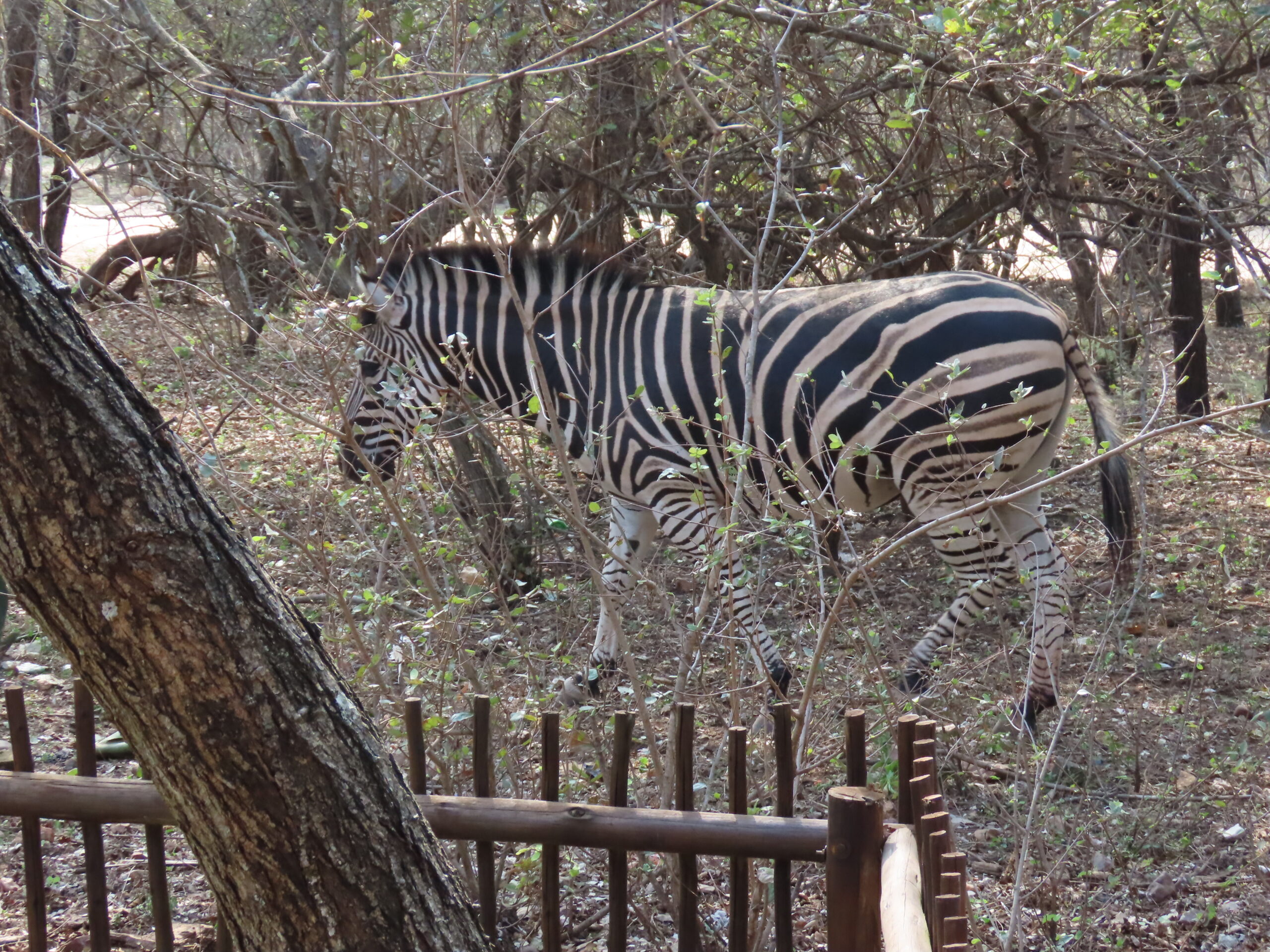
Winter is short in South Africa. It begins on June 21 and ends on September 21. Then, the heat, humidity, and the insects return with fervor. The mozzies come with warmer weather, rain, and moisture, while every puddle becomes a breeding ground for more.

Lately, I have still been using insect repellent to keep the chiggers, sand fleas, and other minuscule winter insects from biting me. Finally, I have got it under control. I have fewer bites right now than I’ve had since we arrived almost two months ago. Every evening, while we are on the veranda, Tom sprays the bedroom and bathroom, alternating three different products daily; Doom, Peaceful Sleep, and a dust mite spray. We don’t enter the room for several hours after he sprays.

We have an automatic Doom sprayer that shoots a burst every 35 minutes. This alone won’t work. It takes all the products, plus wearing Tabard roll-on repellent before bed to keep me from getting bit. Also, I am wearing a long-sleeved cotton hoodie and long pajama bottoms to have as much skin covered as possible.

During the day, I use Tabard on all exposed skin and repeat the application every six to eight hours, more often on my hands which I wash frequently. Itchy bites on my knuckles can keep me awake at night. The past four or five nights, I’ve slept through the night now that we have this under control. Hopefully, these same precautions will work when the mosquitoes appear soon.

Yes, we are exposed to several chemicals, but for now, the concern over malaria and other insect-borne diseases is the bigger concern. Our friend Jim (married to Carrie, US citizens who came here from reading our posts) ended up getting Tick Bite Fever which can become a severe illness without proper treatment. But even with appropriate treatment, he suffered dearly for a few weeks. Even during the winter months, there are risks from insects and snakes.
Today, the high will be 81F, 27C. The humidity is 61%, and there’s a cloud cover. The holidaymakers are still in the park, but the school holidays are ending this coming Sunday. The number of animals we’re seeing is considerably less than we’ll see next week. We’re looking forward to that! With as many animals as we’ve seen during the holiday, we can only anticipate many more will be coming.

Load shedding continues an average of three times per day for 7½ hours without power. As I write here, it has been out for two hours and should be returning soon. Sometimes, it goes back on in slightly less than two hours. I plan on doing laundry today, but I must wait until the power is restored. It’s such an inconvenience with no end in sight.
But, for us, the inconvenience of load shedding is considerably less than it is for others. We have WiFi during those periods and pay little attention to it while outside on the veranda, where we spend most of our days and evenings. Once it’s hot again, it will be tough without aircon for those 2½ hours in the bedroom at night. We have a fan we can use via the inverter during those periods, but the heat can be unbearable at night.

We’ll be staying put today. This evening we’ll cook on the braai and enjoy more quality time on the veranda. Oh, the power just returned a few minutes earlier than expected. I can do the laundry and prep some of the food for tonight’s dinner. All is good. We try not to open the refrigerator when the power is out.
Be well.
Photo from one year ago today, July 13, 2021:
|
|

